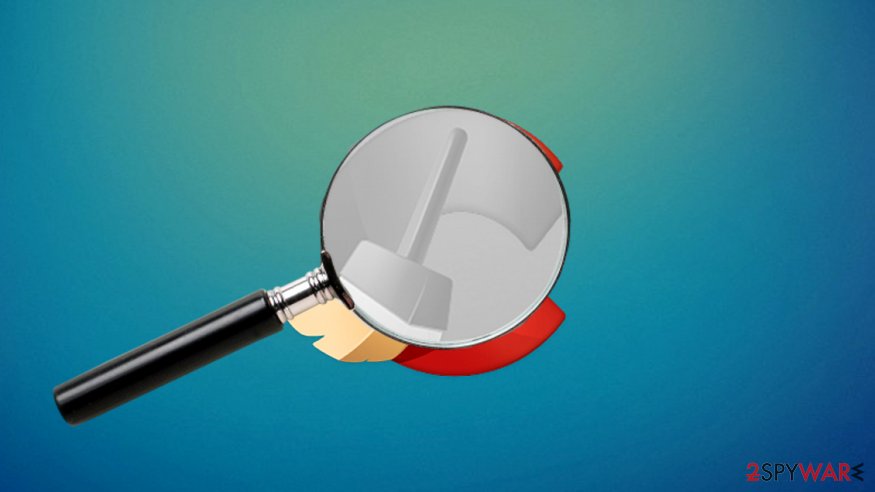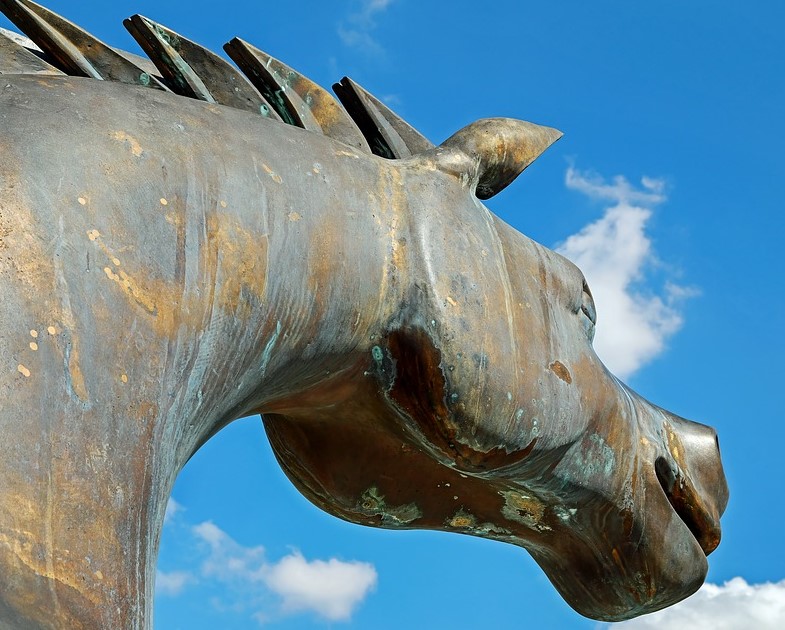

- CCLEANER MALWARE TROJAN FULL
- CCLEANER MALWARE TROJAN SOFTWARE
- CCLEANER MALWARE TROJAN CODE
- CCLEANER MALWARE TROJAN DOWNLOAD
Supply-chain attacks are today's top threat, and government agencies in the US and France have recently issued alerts about an ongoing campaign perpetrated by Chinese hackers.
CCLEANER MALWARE TROJAN SOFTWARE
"We believe all global software companies, including both Microsoft and us at Avast, will need to continue to vigilantly protect our networks from attacks by those who seek to damage us and our users," Avast told us.īut Avast and TeamViewer aren't the only companies that have been targeted only to serve as a jumping point into the network of other companies.

That evidence shows that the CCleaner malware infected at least 20.

As long as an app is good at its job, hackers are going to keep coming. The recent CCleaner malware outbreak is much worse than it initially appeared, according to newly unearthed evidence. Scan your computer with your Trend Micro product to delete files detected as Trojan.JS.PARROTTDS.C.
CCLEANER MALWARE TROJAN FULL
As the company told ZDNet, the threats it's facing are no different than what its competitors are facing.įor example, TeamViewer, which offers an eponymously named product, also suffered a security breach at the hands of Chinese hackers back in 2016. Before doing any scans, Windows 7, Windows 8, Windows 8.1, and Windows 10 users must disable System Restore to allow full scanning of their computers. However, this huge userbase is also the reason why Avast bought it in the first place.Īvast's plan of attack involves bolstering its security. The app's gigantic userbase makes CCleaner a perfect target for supply-chain attacks.
CCLEANER MALWARE TROJAN DOWNLOAD
It's an all-in-one system administration toolkit, and one very good at its job, if we're to look at its download numbers.

The app now supports remote management features, hard drive defragmentation, email alerts, cloud-based management features, and many more. However, as previously stated in this article, today, CCleaner is more than just a "useless" registry cleaner. In the light of this second hack, many users have expressed their opinions today, claiming that Avast should just retire CCleaner, as the app is only a magnet for state-sponsored hackers, and that the app has no real purpose (many consider registry cleaner apps as being useless or plain harmful). While Avast refrained from attributing the attack to any threat actor, the Czech Security Information Service (BIS), the country's intelligence service, said in a press release today that Chinese hackers were behind this attack, just like in the first. The company is still investigating this second breach but said that hackers weren't successful at pushing out a malicious CCleaner release today. This was their entry point inside Avast's network. The breach was discovered by Cisco’s Talos Intelligence research team, who warned Piriform on 13 September, one day after the clean version of the software had been released.Avast said hackers compromised an employee's VPN credentials to access a temporary VPN profile that was left active and without 2FA protection. The company believes that 2.27million users were infected, but added in a statement: “we believe that these users are safe now as our investigation indicates we were able to disarm the threat before it was able to do any harm.”
CCLEANER MALWARE TROJAN CODE
Piriform’s vice president, Paul Yung, said to The Guardian: “At this stage, we don’t want to speculate how the unauthorised code appeared in CCleaner software, where the attack originated from, how long it was being prepared and who stood behind it.” The infection also resulted in another piece of malware (second stage payload) being installed into affected computers. The data included IP addresses, a list of installed software, computer names, a list of active software and a list of network adapters. The developer of CCleaner, Piriform, which is no owned by Avast, a security firm, says that its download servers were compromised at some point between 15 August, when it released version v of the software, and 12 September, when it updated the servers with a new version, according to The Guardian.Ī Trojan that sent “non-sensitive data” was loaded into the download package from infected users’ computers back to a server located in the US. The anti-malware tool, CCleaner, was hacked by malware, leaving 2million users who installed the software version vulnerable.


 0 kommentar(er)
0 kommentar(er)
